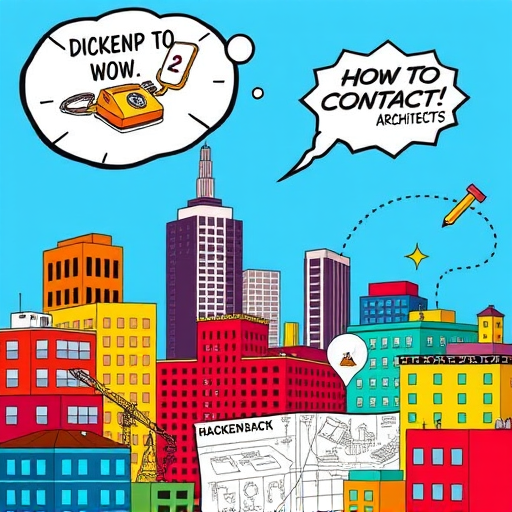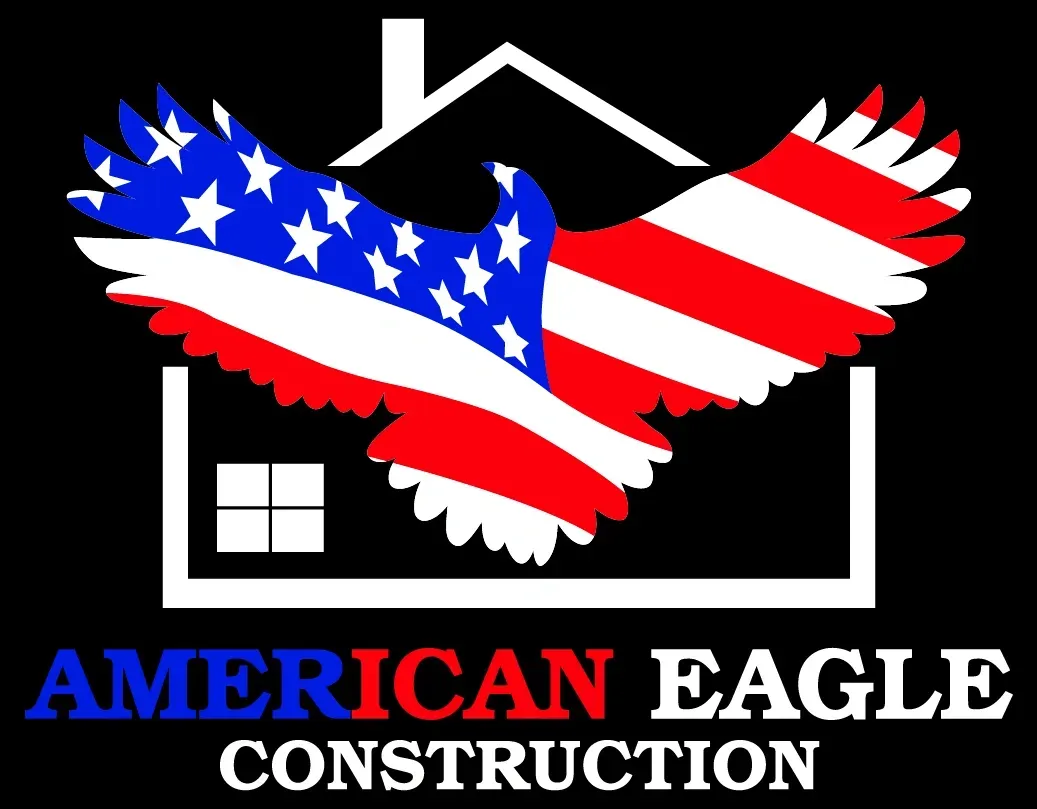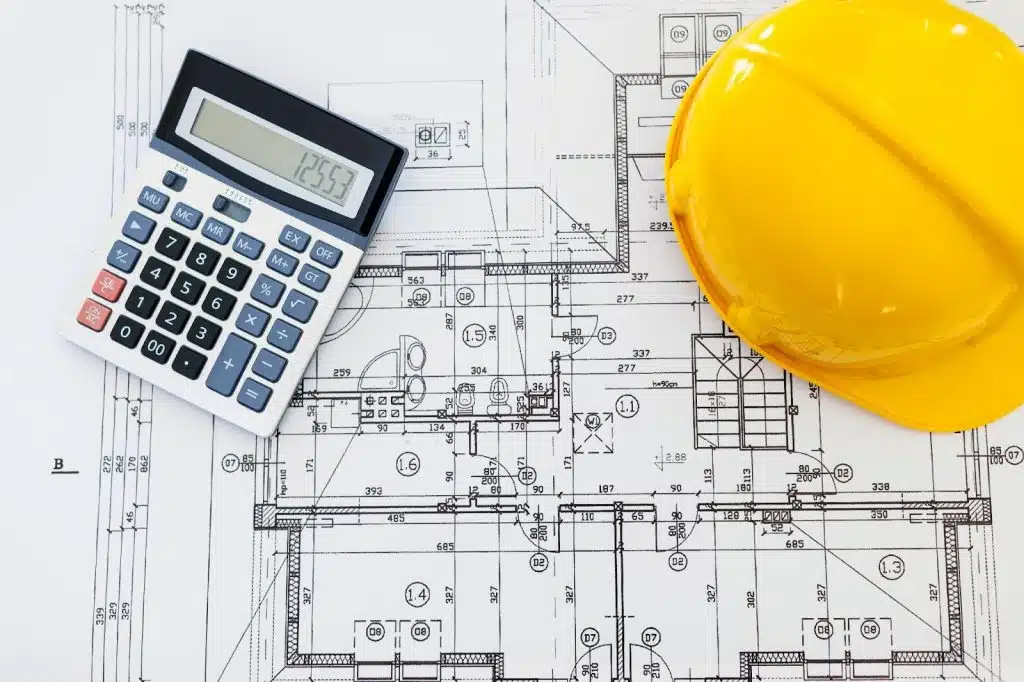
What Permits Are Needed for Home Construction | Guide & Tips
What Permits Are Needed for Home Construction?
Building your dream home is an exciting endeavor, but navigating the legal and regulatory landscape is crucial to ensure your project complies with local building codes and regulations. One of the most important steps in this process is understanding what permits are needed for home construction. Failing to obtain the proper permits can lead to costly delays, fines, or even structural issues down the line. In this comprehensive guide, we'll explore the essential permits required, how to acquire them, and actionable tips to keep your project on track.
Why Are Building Permits Essential for Home Construction?
Building permits serve as a safeguard for both homeowners and communities. They ensure that construction adheres to safety standards, zoning laws, and environmental regulations. Moreover, obtaining permits protects your investment by preventing future legal problems and ensuring your home is structurally sound.
Many homeowners ask, what permits are needed for home construction. The answer depends on various factors including location, scope of work, and local ordinances. Let’s delve into the specifics below.
What Types of Permits Might You Need?
Are Building Permits Required for New Home Construction?
Absolutely. Building a new house generally requires a comprehensive set of permits including a building permit, electrical permit, plumbing permit, and possibly more. These permits ensure that the structure complies with all safety code requirements. For guidance specific to your region, consider consulting local authorities or professional builders who regularly handle permit applications, like architects for ADU design in Stamford, Connecticut.
What Permits Are Needed for Major Renovations?
If you're renovating, expanding, or remodeling your existing home, permits may still be required. For example, adding a new wing, finishing a basement, or altering plumbing and electrical systems typically necessitate permits to ensure updates meet code standards.
Are Specific Permits Needed for Plumbing and Electrical Work?
Yes, specialized permits are often mandatory for electrical and plumbing installations. These ensure that systems are safe and compliant with local codes. It's recommended to hire licensed professionals since many regions require licensed contractors to pull these permits.
How Do You Determine Which Permits Are Needed?
What Factors Influence Permit Requirements?
- Scope of Work: Minor repairs may not need permits, but significant changes usually do.
- Location: Local zoning laws and building codes vary by municipality.
- Type of Construction: New builds, additions, or demolitions all have distinct permit requirements.
- Historical or Environmental Restrictions: Certain neighborhoods or regions may have additional restrictions.
Where Can You Find Accurate Permit Information?
Your local city or county building department is the best source for permit requirements. Many jurisdictions provide online portals where you can submit applications and track your permit status. For instance, if you're in New Jersey, exploring the local building codes can clarify what you’ll need for projects like home renovation permits in Elizabeth, New Jersey.
What Is the Step-by-Step Process to Obtain Construction Permits?
How Do You Prepare to Apply for Permits?
Prior to applying, ensure your plans are detailed, accurate, and compliant with local codes. Hiring a licensed architect or designer can streamline this process. If you need help finding qualified professionals, consider exploring architects for ADU design in Bayonne, New Jersey.
What Are the Typical Steps in the Permit Acquisition Process?
- Design and Documentation: Create detailed drawings and specifications, often with professional help.
- Application Submission: Submit your plans along with any required forms and fees to the local building department.
- Plan Review: Authorities review your plans for compliance and may request modifications.
- Permit Issuance: Once approved, you receive official permission to proceed.
- Construction and Inspection: During construction, inspections ensure adherence to approved plans and codes.
How Long Does the Permitting Process Take?
Process duration varies by municipality and project complexity. Typically, it can range from a few weeks to a few months. Early planning helps avoid delays, especially when coordinating with professionals experienced in the local permitting landscape.
What Are Common Challenges in Obtaining Permits and How Can You Overcome Them?
What Are Typical Reasons for Permit Denials?
- Incomplete or inaccurate plans
- Non-compliance with zoning laws
- Failure to pay necessary fees
- Lack of required documentation or signatures
How Can You Expedite the Permitting Process?
- Hire experienced professionals familiar with local regulations
- Ensure all documentation is complete and accurate
- Maintain proactive communication with permitting officials
- Consider consulting with local experts or architects to navigate complex requirements
How Does Sustainable Building Material Use Impact Permitting?
Implementing eco-friendly, sustainable building materials is not only beneficial for the environment but can also simplify certain permit aspects. For example, some jurisdictions encourage green construction and may expedite approvals for projects utilizing sustainable materials. To explore innovative options, read more about sustainable building materials for architects.
What Are the Benefits of Working with Experienced Professionals in Permitting?
Partnering with architects, engineers, and construction experts streamlines the permit process significantly. They understand local regulations, prepare compliant plans, and can help navigate complicated approval processes. If you're focusing on projects like duplex design, finding the right architect can make all the difference — check out architects for duplex design in Passaic, New Jersey.
FAQs: Your Top Questions About Home Construction Permits
It's advisable to start the permitting process as early as possible, ideally during the design phase. This allows ample time for review, revisions, and scheduling inspections without delaying your construction schedule.
Typically, no. Most local jurisdictions require permits to be approved before starting any work. Violating this can lead to fines, work stoppages, or legal complications.
Permit fees vary widely depending on your location and project scope. It's best to consult your local building department for fee schedules. Professional assistance can also help anticipate and manage costs effectively.
Final Thoughts: Turning Your Dream Home Into Reality
Understanding what permits are needed for home construction is a foundational step toward building or renovating your perfect home. By being informed, working with experienced professionals, and proactively managing the permit process, you can avoid delays and ensure your project adheres to all safety and legal standards. Whether it's designing a new duplex or undertaking a major remodel, securing the right permits is essential for a smooth construction journey.
For dedicated support and expert guidance, reach out to American Eagle Construction. Our team is committed to turning your vision into reality while navigating the complexities of permit acquisition efficiently.














